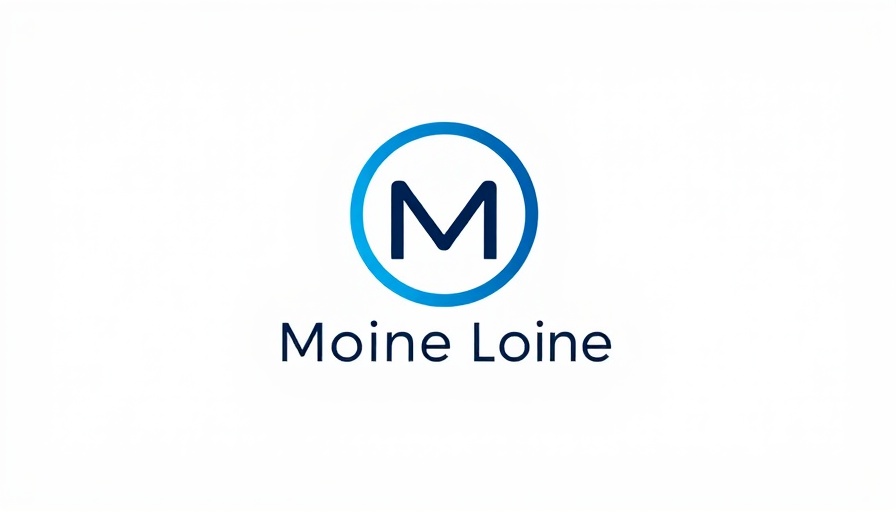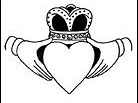
Understanding the Importance of a Strong Marketing Leader
In an increasingly competitive business landscape, the role of a marketing leader has evolved dramatically. Small businesses today face unique challenges when it comes to identifying and hiring the right individual to steer their marketing efforts. A strong marketing leader can mean the difference between stagnation and sustainable growth. They are not just creators of marketing strategies; they are architects of brand vision, strategists of customer engagement, and custodians of company storytelling.
Key Qualities to Look For in a Marketing Leader
Hiring a successful marketing leader involves much more than assessing resumes. Look for candidates who exhibit adaptability—their ability to pivot in response to rapid market changes is crucial. Additionally, interpersonal skills are critical; a marketing leader must inspire their team and collaborate effectively with other departments. Furthermore, a candidate's experience with data-driven decision-making can facilitate better insights and strategy formulation, giving your business an edge in targeting potential customers.
Tips for Assessing Candidates Effectively
When interviewing potential marketing leaders, consider case studies or examples where they successfully implemented strategies. Pay attention to how they articulate their past experiences and results. This approach not only reveals their communication skills but also showcases their analytical thinking and creativity. Moreover, live simulations where candidates must respond to a hypothetical marketing challenge can provide valuable insights into their problem-solving abilities.
Future Trends in Marketing Leadership
As we advance into 2024 and beyond, several trends are expected to shape the landscape of marketing leadership. The integration of artificial intelligence and machine learning into everyday marketing practices will demand leaders who are tech-savvy and innovative. Additionally, there is a growing emphasis on immersive customer experiences; while traditional marketing tactics still play a role, the ability to create personalized and experiential marketing campaigns will distinguish powerful marketing leaders.
Building a Positive Work Culture
Finally, consider how potential marketing leaders view company culture. The modern marketer not only prioritizes effective strategies but also an inclusive and positive work environment. Look for leaders who understand the significance of creating a supportive team atmosphere that nurtures creativity and collaboration among coworkers. A thriving culture can lead to better retention rates and overall success in executing marketing initiatives.
 Add Row
Add Row  Add
Add 




Write A Comment